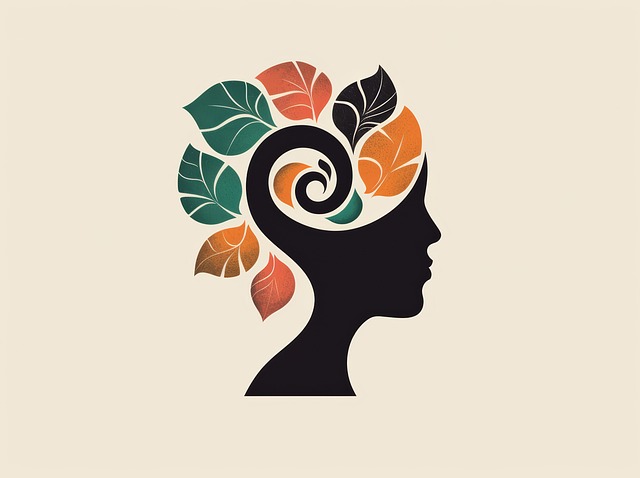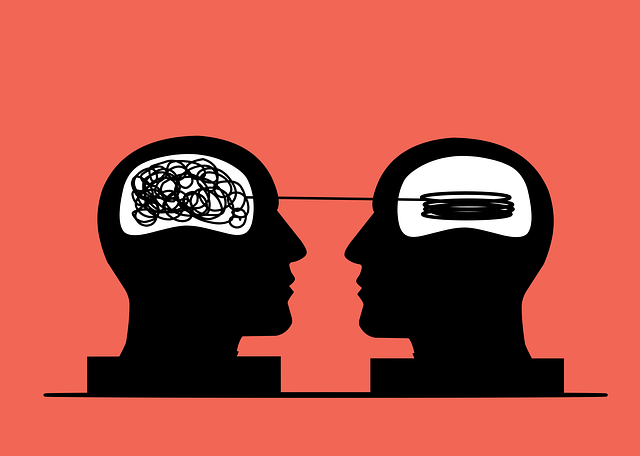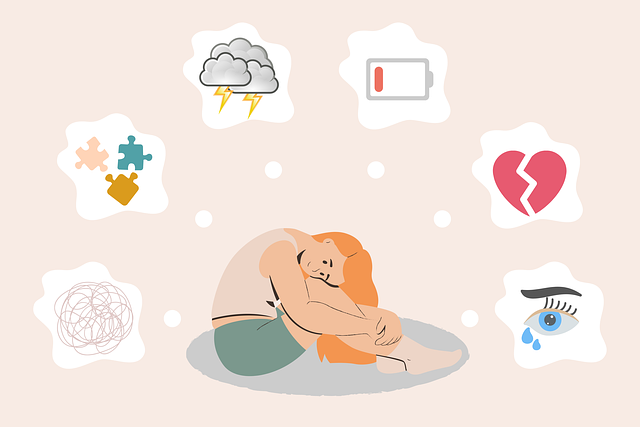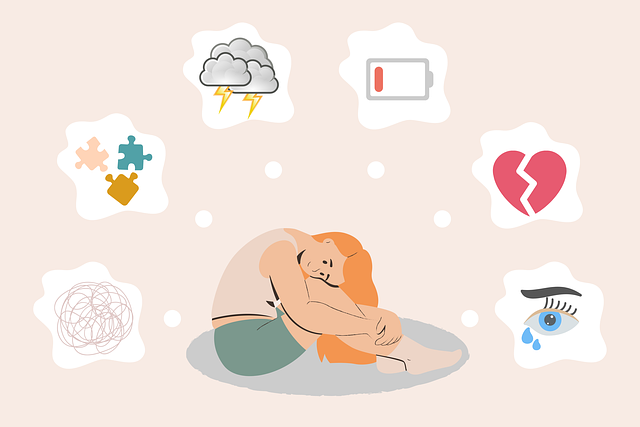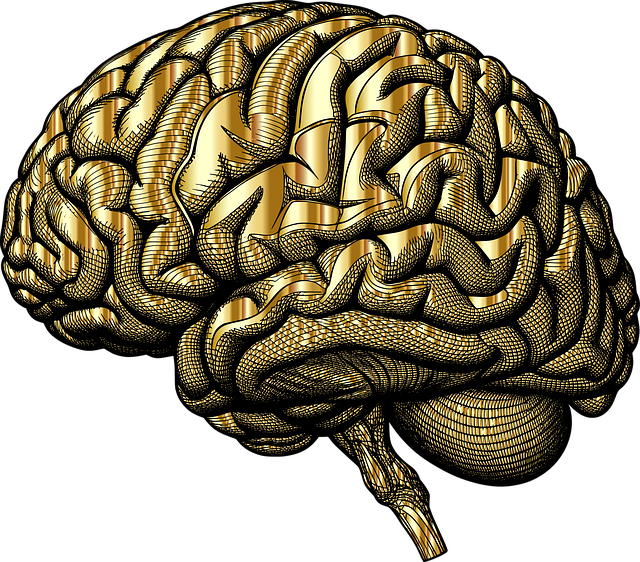Recognizing depression in elderly individuals, especially those with gambling behaviors, is crucial as excessive gambling often signals underlying mental health issues. With an aging population, mental wellness is a key focus in senior care. Signs of depression include isolation, loss of interest, mood shifts, poor hygiene, sleep disturbances, and changes in appetite. Effective therapy options for seniors battling gambling-related depression include Cognitive Behavioral Therapy (CBT), Mindfulness Meditation, and Crisis Intervention Guidance. Combining these with structured self-care routines, physical activity, balanced diets, and social connections can significantly improve mental wellness. Specialized therapy for elders gambling services offer tailored support, addressing addiction and enhancing emotional well-being through compassionate therapy sessions and community groups, ultimately empowering seniors to manage and prevent depression related to gambling issues.
Depression among the elderly is a growing concern, especially with issues like gambling addiction compounding mental health risks. This article explores comprehensive strategies to prevent depression in senior citizens, focusing on gambling-related aspects. We delve into recognizing subtle signs of depression in the elderly, highlighting the importance of early intervention. Additionally, we review effective therapy options tailored for seniors with gambling issues and offer practical lifestyle adjustments to foster resilience against depressive episodes. Community support resources are also discussed, emphasizing the vital role they play in assisting older gamblers seeking help.
- Recognizing the Signs: Understanding Depression in Elderly Individuals Gambling
- Therapy Options for Gambling-Related Depression in Seniors
- Lifestyle Adjustments and Coping Mechanisms to Prevent Depression
- Community Support and Resources for Older Gamblers Seeking Help
Recognizing the Signs: Understanding Depression in Elderly Individuals Gambling

Recognizing depression in elderly individuals is crucial, especially when it comes to gambling-related behaviors. While gambling may be a source of entertainment for many seniors, excessive or problematic gambling can be an early indicator of underlying mental health issues, including depression. As our aging population continues to grow, mental wellness becomes an increasingly important aspect of senior care.
The signs of depression in the elderly related to gambling might include sudden changes in behavior such as increased isolation, loss of interest in previously enjoyed activities (including gambling), and significant shifts in mood. A decline in personal hygiene, irregular sleep patterns, and appetite changes are also red flags. For at-risk seniors, therapy can be a powerful tool, offering strategies like risk management planning to help individuals make healthier choices. Additionally, mental wellness podcast series production can provide accessible resources for both the elderly and those supporting them, promoting open conversations about gambling habits and mental health awareness.
Therapy Options for Gambling-Related Depression in Seniors

For seniors dealing with gambling-related depression, specialized therapy options offer a beacon of hope. Cognitive Behavioral Therapy (CBT) has proven effective in addressing the underlying thoughts and behaviors that contribute to this condition. Through CBT, elders can learn to challenge negative thought patterns related to gambling, develop healthier coping mechanisms, and gradually reduce engaging in risky behavior. This form of therapy provides practical tools for managing symptoms and preventing relapse.
Additionally, Mindfulness Meditation and Crisis Intervention Guidance play pivotal roles in supporting seniors during their recovery journey. Mindfulness practices help individuals become more aware of their thoughts and emotions without judgment, fostering a sense of calm and reducing impulsive gambling behaviors. Crisis intervention guidance equips elders with strategies to manage acute distress and prevent suicidal ideation, ensuring they receive the immediate support needed. These therapeutic approaches work synergistically to not only alleviate depression but also enhance overall well-being and promote long-term recovery for those struggling with gambling-related mental health challenges.
Lifestyle Adjustments and Coping Mechanisms to Prevent Depression

Depression prevention strategies often lie in making thoughtful lifestyle adjustments and adopting effective coping mechanisms. For elders, especially those at risk due to factors like gambling therapy, a structured self-care routine development for better mental health is paramount. Incorporating regular physical activity, maintaining a balanced diet, and ensuring adequate sleep can significantly reduce the likelihood of depression. These practices not only promote overall well-being but also serve as powerful tools in managing stress and anxiety relief.
Additionally, cultivating social connections and engaging in activities that foster a sense of purpose can be transformative. For those struggling with gambling habits, seeking professional help from mental health experts is crucial for risk assessment and developing strategies to overcome these challenges. By combining lifestyle changes with appropriate therapy, elders can better navigate the complexities of life, fortify their resilience against depression, and enhance their overall quality of life.
Community Support and Resources for Older Gamblers Seeking Help

For older gamblers struggling with depression, accessing appropriate community support and resources can be transformative. Many organizations offer specialized services tailored to the unique needs of seniors, focusing on both gambling addiction and mental health. These include therapy sessions that incorporate compassion cultivation practices, designed to help individuals develop a kinder, more self-compassionate mindset—a valuable tool for managing depression and associated feelings of guilt or shame related to gambling.
Additionally, community centers and support groups provide a safe space for sharing experiences and learning conflict resolution techniques, fostering social connections that are crucial for emotional well-being. By combining professional therapy with peer support, these resources empower older gamblers to develop effective coping mechanisms, enhance emotional regulation, and ultimately, prevent or mitigate depression stemming from gambling issues.
Depression prevention among elderly individuals, especially those with a history of gambling, requires a multifaceted approach. By recognizing early signs and promoting healthy lifestyle adjustments, we can empower seniors to cope effectively. Access to specialized therapy options, such as cognitive-behavioral therapy tailored for gambling-related issues, plays a crucial role in healing and recovery. Community support networks and resources further strengthen the support system available to older gamblers seeking help. Together, these strategies foster well-being and provide a path to resilience against depression.




